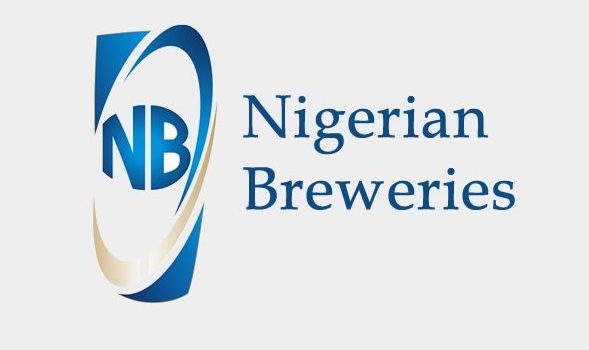Nigeria’s largest beer maker Nigerian Breweries posted N145.3 billion in pre-tax loss for last year, its biggest since opening shop in the country in 1946.
The beer maker recorded the loss after taking a hit from foreign exchange in a year during which the naira lost more than half its value.
The brewer, 50 per cent of whose input costs are imported and denominated in foreign currencies, incurred N153.3 billion in net loss on FX transactions compared to N26.3 billion a year ago, throwing the bottom line into a negative position.
Revenue climbed 8.9 per cent to approximately N600 billion, according to its audited earnings report issued Friday and seen by NewMailNG.
“The redesign of the naira notes which resulted in cash shortage that severely hampered social and economic activities nationwide set the tone for a turbulent year,” the local unit of Netherlands’ Heineken Brouwerijen B.V. said in a separate document on Friday.
“High double-digit inflation rates (with food inflation at more than 30%), removal of subsidy on premium motor spirit (fuel), devaluation of the naira, and foreign exchange scarcity further exacerbated the already difficult environment for the populace and businesses.”
Net finance cost rose to N189.2 billion from N34.4 billion a year earlier. Loss after tax totalled N106.3 billion in contrast to profit after tax of N13.2 billion reported in the same period of 2022.
Nigerian Breweries is on track to buy a controlling stake of 80 per cent in Distell Wines & Spirits Nigeria Limited and fully acquire the import business of Heineken Beverages (Holdings) Limited, both part of strategic moves to diversify revenue streams and buck up earnings.
The two deals are worth N7.01 billion, Nigerian Breweries said at an extraordinary general meeting held in December.
On Monday, the company announced it would execute an upward review of the prices of its products effective from 19 February on account of “continued rising input cost and the need to mitigate the impact.”

